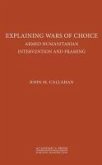During most of human history, war was a basic instrument of statecraft, considered, for the most part, a lawful, honorable, ennobling and even romantic pursuit. By contrast, peacemaking remained a marginal and indeed incongruous inter-state activity. A war would end when the belligerents ended it. The experience of the twentieth centurys two world wars has changed, at least, the official view. The introduction of ever more destructive weapons, the drastic escalation of civilian deaths and the economic and environmental devastation that modern war brought combined to forge an international legal impulse to stop, if not prevent wars, resolve ongoing conflicts and build peace. Yet stopping a war though a useful, if not indispensable, step toward making peace, does not lead ineluctably to peace. Nor does the international communitys interposition of peace keepers; their title notwithstanding, peace keepers only try to keep a stopped war stopped. Making peace is a separate operation, often applying some parts of the same armamentarium but in very different ways. International efforts at stopping wars and making peace, in the era in which such initiatives have become lawful and virtuous, have proved remarkably unsuccessful, however. Yet the proliferation of ever more destructive weapons, the growing sense of insecurity and expectation of violence, the increasing difficulty of containing wars within a single arena, the threat of breakdown of order, with the prospect of epidemics and mass migration, all work to intensify the demand to stop wars and to make peace. This volume explores these issues by analysing the theoretical literature on stopping wars and making peace and its application to a number of concrete cases., iincluding Rwanda, Mozambique and Thailand.
Hinweis: Dieser Artikel kann nur an eine deutsche Lieferadresse ausgeliefert werden.
Hinweis: Dieser Artikel kann nur an eine deutsche Lieferadresse ausgeliefert werden.

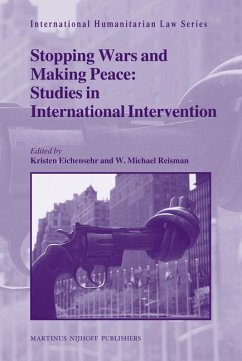

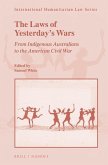
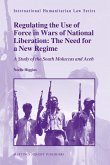
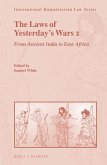
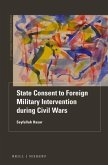
![The Sweep of the Sword [microform]: a Battle Book for Boys: an Account of the Wars of the World From the Earliest Ages to the Close of the South Afric The Sweep of the Sword [microform]: a Battle Book for Boys: an Account of the Wars of the World From the Earliest Ages to the Close of the South Afric](https://bilder.buecher.de/produkte/66/66192/66192273m.jpg)
